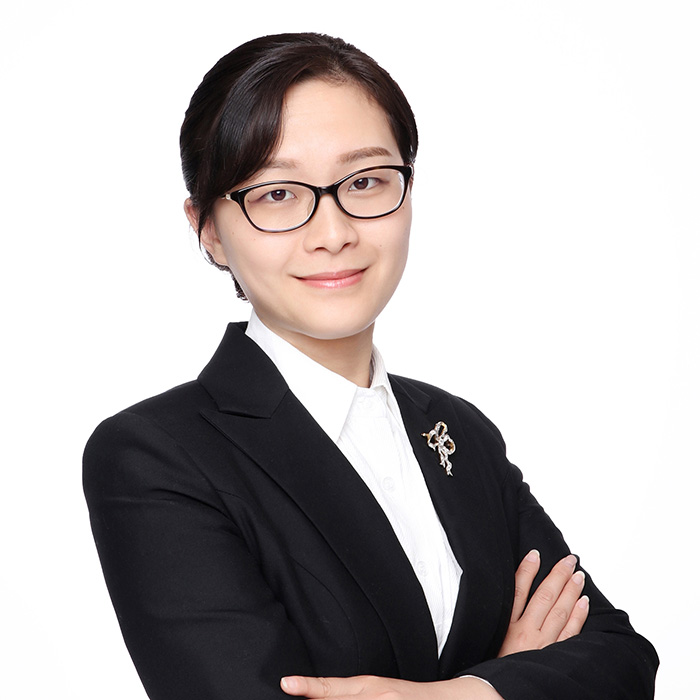
Teresa Xinying Cheng
Research Fellow
Leibniz University Hannover
Dr. Teresa Cheng, female, born on 3rd Jan 1991 in Zhejiang, China, a citizen of Australia, is ongoing Marie-Curie Fellowship at Leibniz University Hannover (LUH), Germany. She has focused on interdisciplinary research of advanced materials for biomedical applications since 2013. After completing her PhD study on shape memory polymers for cardiovascular stents at the University of Sydney in 2017, she pursued further research as a postdoctoral researcher at UNSW Medicine on self-powered cardiac assist device, and at UNSW Engineering on multifunctional composite materials. Currently, she is investigating implantable triboelectric nanogenerators using experimental and computational methods in Germany (2022 ~). In addition to research, she has also developed excellent skills and expertise in leading projects and team collaboration in externally funded projects thanks to her outstanding skills in communication, strategic planning, scientific writing, and managing human, financial and facility resources
Triboelectrification muscle dynamics framework for developing triboelectric nanogenerators (TENG) as implantable bioapplications
With development and demand of implantable bioapplications, battery replacement becomes a key issue to achieve permanent implantation. Recent advances in energy nanogenerators have allowed for selfto electri c energy, promising the power function by conversing mechanical energy permanent implantation of bioapplications. Among the emerging nano harvesting technologies, triboelectrification is the front one due to universal availability, from enormous to tiny movements and even lowmotion. Another frequency advantage of triboelectrification is the abundant choices of materials to meet the requirement of biocompatibility. Hence, the triboelectrification is the enabling technology for the next generation selfresearchers have commenc powered implant. Recently, ed implanting triboelectric nanogenerators (TENG) in animals to evaluate the potential of energy harvesting from heart beating and respiration. However, the understanding of interactions between triboelectrification and muscle dynamics for energy harvestin g is unclear. The experiments are limited in measuring, explaining and quantifying the performance of TENG by ignoring the complex dynamics of muscles, significantly hindering the application of TENG as implantable device. The proposal aims to develop a tr iboelectrificationmuscle dynamics (TEMD) framework based on experiment and modelling to support the design, characterization and optimization of TENG for implantable bioapplications under different muscle dynamics on macro/nano scales. The framework will be able to (1) predict the output performance of TENG at any position of specific muscle, and (2) to design and optimize TENG in certain circumstances for the improvement of performance and durability. Such framework will also provide solid foundations an d physicalmechanical guidance for other implantable energy harvesters, such as piezoelectric and flexoelectric nanogenerators.